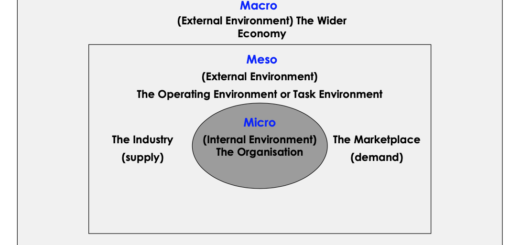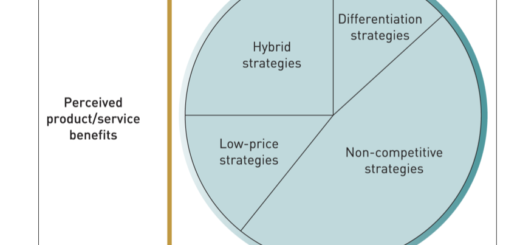Key Elements of Philosophy of Pay/Reward System
The philosophy of pay/reward systems refers to the underlying principles and values that guide the design and implementation of compensation and rewards systems in organizations. A well-defined philosophy of pay/reward systems can help to ensure that compensation practices are aligned with organizational values, objectives, and culture.
Here are some key elements of a philosophy of pay/reward systems:
- Fairness: A philosophy of pay/reward systems should prioritize fairness in compensation practices. This includes ensuring that pay and rewards are based on objective criteria and that employees are compensated fairly for their skills, experience, and contributions to the organization.
- Alignment: Compensation and reward systems should be aligned with organizational values, objectives, and culture. This includes ensuring that compensation practices are consistent with the organization’s mission and goals, and that they promote the behaviors and outcomes that the organization values.
- Transparency: A philosophy of pay/reward systems should prioritize transparency in compensation practices. This includes communicating openly and honestly with employees about compensation practices and ensuring that employees understand how their pay and rewards are determined.
- Flexibility: Compensation and reward systems should be flexible enough to adapt to changes in the business environment, as well as to the needs and preferences of employees. This includes offering a variety of compensation and reward options that are tailored to the unique needs and preferences of individual employees.
- Alignment with legal and ethical considerations: A philosophy of pay/reward systems should prioritize alignment with legal and ethical considerations, such as compliance with employment laws and regulations, avoiding discrimination, and promoting ethical behavior.
In conclusion, a philosophy of pay/reward systems should prioritize fairness, alignment with organizational values, transparency, flexibility, and alignment with legal and ethical considerations. By adopting a clear and well-defined philosophy of pay/reward systems, organizations can ensure that their compensation practices are aligned with their values and objectives, and that they promote a positive organizational culture that attracts, retains, and motivates high-performing employees.





I am constantly browsing online for tips that can aid me. Thank you!
I have not checked in here for a while because I thought it was getting boring, but the last several posts are good quality so I guess I’ll add you back to my daily bloglist. You deserve it my friend 🙂